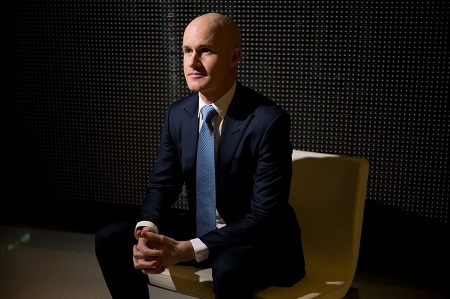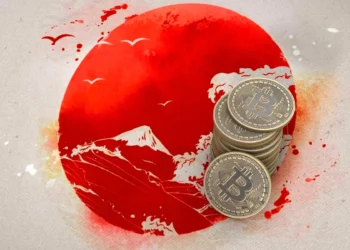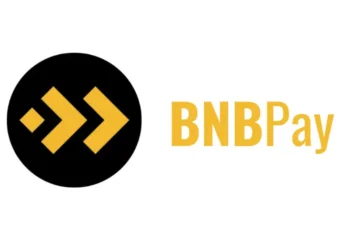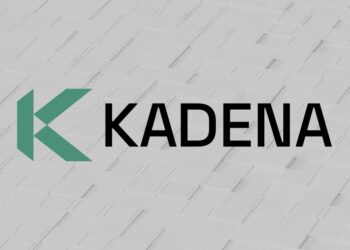In the wake of the collapse of cryptocurrency exchange FTX, Coinbase CEO Brian Armstrong has published a blog post outlining a practical approach for regulating cryptocurrencies and re-establishing public confidence in the sector.
1/ I often get asked: “What does regulatory clarity actually look like for crypto?” So I outlined a realistic blueprint for this that regulates centralized actors, while preserving decentralized innovation. https://t.co/sYsNR7igVQ
— Brian Armstrong (@brian_armstrong) December 20, 2022
Armstrong suggested that regulatory efforts should focus on centralized entities such as exchanges, stablecoin issuers, and cryptocurrency custodians.
Armstrong stated in a tweet:
“Legislation should start with centralized actors (stablecoin issuers, exchanges, and custodians) because this is where we’ve seen the most risk of consumer harm, and pretty much everyone can agree it should be done. It’s the low hanging fruit.”
The blog post recommended that stablecoins be subject to traditional financial services regulations as long as they do not utilize fractional reserve lending, allowing non-bank entities to issue stablecoins.
Coinbase stated:
“You shouldn’t have to be a bank to issue stablecoins, unless you want to do fractional reserve lending. Bank regulation is the most stringent because it comes with permission to lend out customer funds. But many stablecoin issuers will be fine being required to hold assets 1-to-1 and only being allowed to invest in high quality assets like treasuries.”
The Coinbase post urged stablecoin issuers to comply with regulations and either file for state trust registration or obtain an OCC national trust charter. The company also recommended annual audits, proper board governance, and adherence to cybersecurity protocols.
Regarding centralized exchanges and custodians, Coinbase CEO Brian Armstrong emphasized the importance of implementing effective KYC and AML policies and processes.
However, Armstrong stated that financial regulators should not be involved in the regulation of decentralized crypto products such as DeFi, DAOs, and self-custodial wallets, as transparency is already inherent in these products.
7/ Lastly, I call out that the decentralized aspects of crypto present an opportunity to create even stronger consumer protections by increasing transparency and removing the middleman via self-custodial wallets, public and open smart contracts, and on-chain accounting.
— Brian Armstrong (@brian_armstrong) December 20, 2022
Self-custodial wallets and decentralized protocols, in particular, ought to be compared to software firms and open-source software, respectively. Despite the fact that these platforms facilitate the exchange of money, Armstrong argued that they shouldn’t necessarily be treated as “financial service business” because these products never actually take custody of customer funds.
Financial regulators in the U.S. have come under fire from cryptocurrency stakeholders for failing to provide regulatory clarity on token classification. The CFTC has determined that Tether (USDT), Ethereum (ETH), and Bitcoin (BTC) could all be categorized as commodities.
Coinbase added:
“Congress should also require the CFTC and SEC to clearly publish their categorization of the top 100 crypto assets by market cap within 90 days of the above legislation being enacted, declaring whether each asset is a commodity, security, or “other” (such as a stablecoin).”
If you would like to read more news articles like this, visit DeFi Planet and follow us on Twitter, LinkedIn, Facebook, and Instagram.
“Take control of your crypto portfolio with MARKETS PRO, DeFi Planet’s suite of analytics tools.”





















